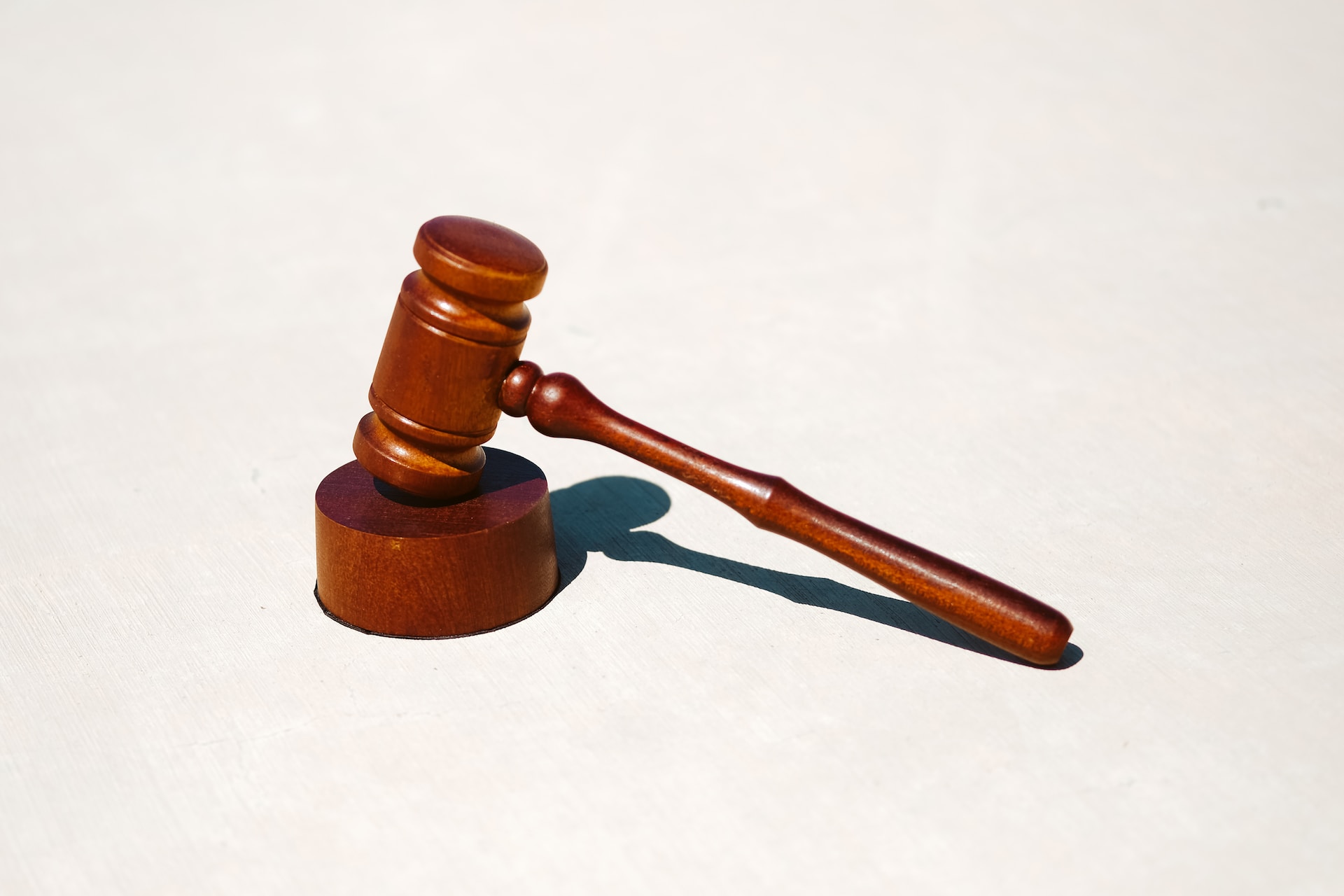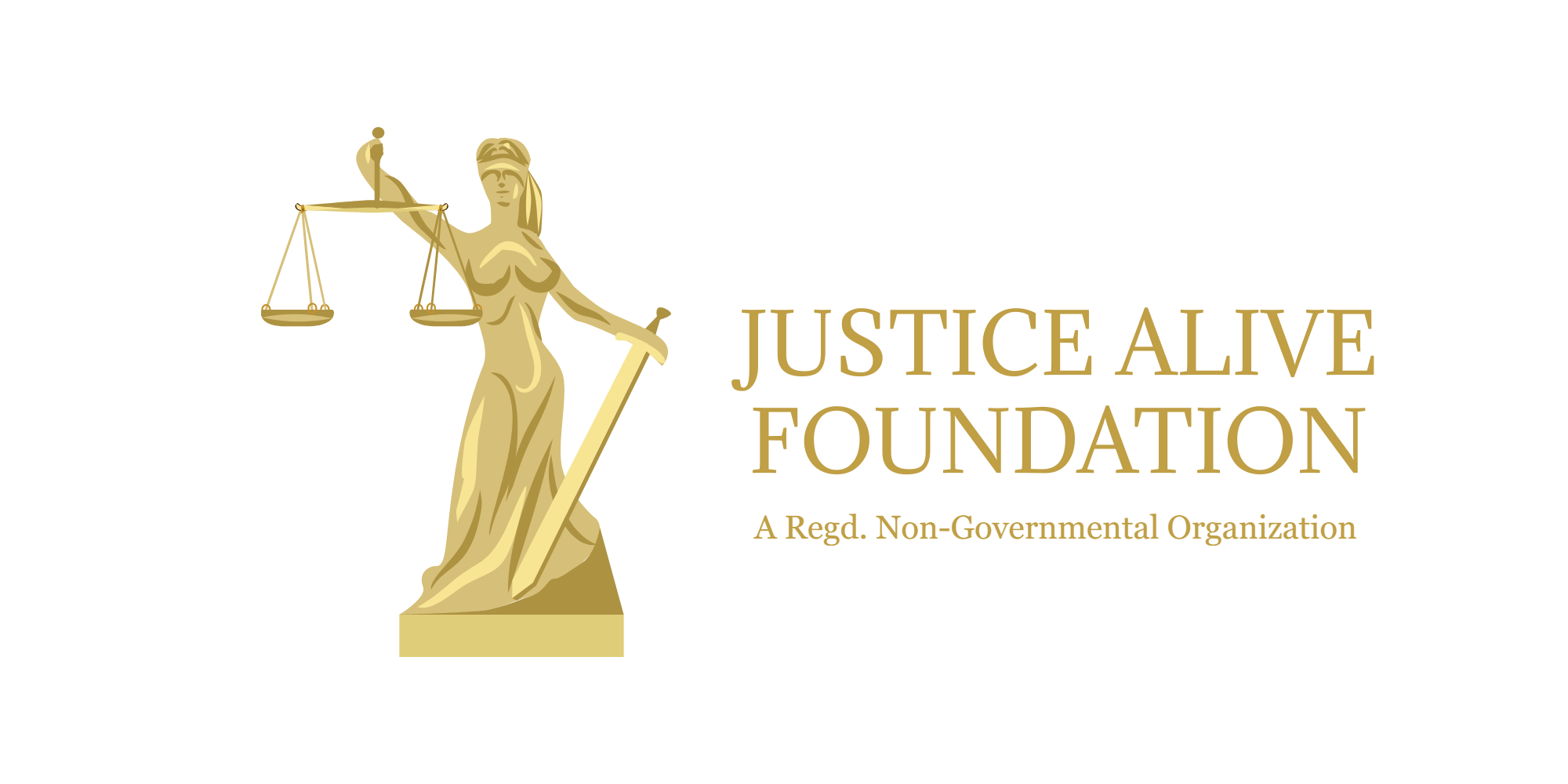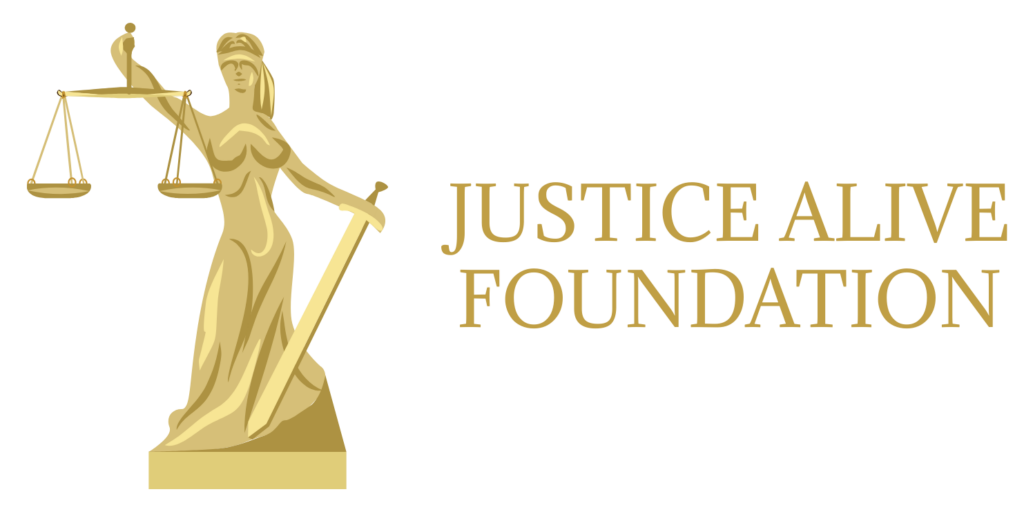
ALL YOU NEED TO KNOW ABOUT FREE LEGAL AID IN INDIA
This Article has been written by Mr. Vakiti Prahalad.
INTRODUCTION:
Free legal aid is a fundamental right ensuring access to justice for all citizens, regardless of their socio-economic background. In India, where a significant portion of the population faces financial constraints, understanding the nuances of free legal aid becomes crucial. The principle of free legal aid is extended in the Indian Constitution in the Directive Principles of State Policy found in Part IV, which stresses the social security aspect and so puts specific duties on the State to take constructive action to enhance the welfare of society. According to Article 39-A, the State must guarantee that the legal system’s mechanisms promote justice based on equal opportunity and it must also offer free legal aid to economically disadvantaged groups by appropriate legislation, programs, or other means.
BENEFITS OF FREE LEGAL AID
The benefits of free legal aid services in India are manifold and significant. Free legal aid services in India, primarily focus on access to Justice Individuals who cannot afford legal representation can nonetheless obtain justice through free legal aid programs. It fosters equality before the law and aids in closing the wealth-poverty gap. It also focuses on Legal Empowerment by offering free legal aid, marginalized and impoverished elements of society learn about their rights and the legal remedies accessible to them. This enables them to safeguard their rights and seek restitution for any injustices they may suffer. Free legal aid services contribute to ensuring a fair trial for all individuals, regardless of their socio-economic background. This is necessary to sustain the concepts of justice since everyone deserves a fair chance to submit their case.
Legal aid may help with poverty alleviation by supporting individuals in addressing legal challenges that are impeding their socioeconomic growth. Legal assistance aids in lowering inequality and boosting economic growth by resolving issues such as property disputes, labor rights abuses, and access to entitlements. Free legal aid services play a vital role in safeguarding human rights. In situations of domestic violence, child abuse, discrimination, and other human rights abuses, they assist vulnerable groups such as women, children, and disadvantaged communities. Legal aid services promote legal awareness and education among the general public. They conduct workshops, awareness campaigns, and outreach programs to inform people about their rights, legal procedures, and avenues for seeking legal assistance. Free legal aid services often provide alternative dispute resolution mechanisms like mediation and arbitration.
LEGAL AID SERVICES IN INDIA:
Legal aid programs are crucial in India for guaranteeing that everyone has equal access to justice, regardless of socioeconomic status. The Legal Services Authorities Act of 1987 is the primary legislation that controls the provision of legal assistance. Through the provision of free legal aid, legal education, and legal help, the Act seeks to advance and secure justice for the economically underprivileged segments of society. The following are some of the most notable legal aid services available in India:
-
National Legal Services Authority (NALSA):
The National Legal Services Authority (NALSA) is the primary organization in charge of establishing and overseeing legal assistance programs throughout the nation. NALSA is a statutory body constituted under the Legal Services Authorities Act, 1987. It provides legal aid and assistance to marginalized and disadvantaged sections of society, including women, children, Scheduled Castes and Scheduled Tribes, victims of trafficking, and persons with disabilities. NALSA operates through State Legal Services Authorities, District Legal Services Authorities, and Taluk Legal Services Committees across the country.
-
State Legal Services Authorities (SLSAs):
In India, each state has separate SLSAs. These SLSAs are in charge of carrying out state-level legal aid initiatives. At the state level, SLSAs provide legal aid services such as legal advice, representation, and public awareness campaigns. To provide legal help to individuals in need, SLSAs collaborate closely with a range of organizations that provide legal aid services, including clinics and NGOs. They also establish Lok Adalats (people’s tribunals) to address conflicts through mediation and resolution.
-
District Legal Services Authorities (DLSAs):
District Legal Services Authorities operate at the district level and provide legal aid services to people within their respective districts. They collaborate with local lawyers, NGOs, and legal professionals to offer free legal assistance, counseling, and awareness programs.
-
High Court Legal Services Committees:
High Court Legal Services Committees are established in each state’s high court to provide legal aid services to eligible individuals who approach the court directly. These committees consist of judges, advocates, and social workers who facilitate access to justice for underprivileged sections of society.
-
Non-Governmental Organizations (NGOs):
Several NGOs in India work towards providing legal aid and support to marginalized communities. Organizations such as Human Rights Law Network (HRLN), Alternative Law Forum, and Center for Social Justice are actively involved in promoting legal rights and advocating for vulnerable populations.
-
Pro Bono Services:
Many individual lawyers and law firms in India offer pro bono services, where they provide free legal assistance to those in need. Pro bono initiatives may focus on specific areas of law or cater to specific groups such as women, children, or refugees.
It is important to understand that legal aid services may not be given or delivered in the same way in different Indian states and locales. The specific services provided may be impacted by the resources and infrastructure available in each place. The primary goal remains to ensure that persons who cannot afford legal representation do not face barriers to accessing the legal system.
ELIGIBILITY FOR FREE LEGAL AID:
The Legal Services Authorities Act, 1987, Section 12 (h) states that those with annual incomes less than the amount prescribed by the respective State Government if the case is before any court other than the Supreme Court, and less than Rs. 5 Lakhs if the case is before the Supreme Court, are eligible for free legal aid. Individuals with an annual income of less than Rs. 3,00,000/- in the states of Andhra Pradesh and Telangana are entitled to free legal aid.
Under Section 12(c) of the Legal Services Authorities Act, 1987, A child is eligible for free legal aid until the age of majority, which is 18 years, and a woman, regardless of her income or financial condition, has the right to apply for free legal aid. According to Section 13(2) of the Act, an affidavit produced by a person as to his or her income is typically recognized as adequate for rendering him or her eligible for the right to legal services under the Act, unless the relevant Authority has reasons to dispute or disbelieve such affidavit.
It is essential to remember that because each Indian state has its own legal services agency, the qualifying standards may vary greatly from one state to the next. In their various jurisdictions, these authorities are in charge of supervising and administering the provision of free legal assistance.
ACCESSING FREE LEGAL AID:
In India, free legal aid services are offered to make sure that everyone has access to justice and legal counsel, regardless of their financial situation. The role of legal aid authorities or bodies is to administer and facilitate the provision of free legal aid services. They are responsible for setting eligibility criteria, processing applications, allocating legal representation, and overseeing the overall delivery of legal aid. These authorities may be government-funded organizations, non-profit entities, or a combination of both. They play a crucial role in promoting equal access to justice and ensuring that individuals who cannot afford legal services still have the opportunity to protect their rights and interests.
Process To Enable Free Legal Services:
- Individuals who cannot afford an attorney’s services can avail of free legal services.
- Women and Children can avail of free legal services.
- Individuals belonging to Scheduled Tribes (STs) and Scheduled Castes (SCs) can avail of free legal services.
-
- Victims of Human trafficking victims can avail of free legal services.
- Victims of large-scale catastrophes, racial crimes, caste atrocities, and floods can avail of free legal services.
- Individuals working as factory workers can avail of free legal services.
- Individuals in captivity, including inmates can avail of free legal services.
- An application must be submitted to the concerned authorities or to the appropriate legal aid body to enable free legal assistance. The application includes information regarding the individual situation, finances, and any supporting documentation as required by the concerned authorities.
- A verification process will be carried out by the concerned legal aid authority to ascertain if the requirements to enable free Legal Aid services by the individual are fulfilled. This can entail evaluating the individual financial situation using income documentation, bank statements, or other pertinent records.
- Post verification and ascertaining the eligibility of the individual to enable the free Legal Aid services the concerned Authority will assign a lawyer, who will act in the best interests to see that the concerned individual availing free legal service is treated fairly and equally by the legal system while representing in the court. The lawyer to represent the eligible individual for free Legal Aid services will be chosen out of the panel of legal aid advocates registered with the free Legal Aid authorities.
- Legal aid organizations also help with mediation and settlement procedures to settle conflicts out of court, avoiding drawn-out court battles.
- The designated attorney and the legal aid organization will offer constant help and direction throughout the legal procedure. If required, they can also assist with post-judgment proceedings or provide recommendations to appropriate support agencies.
LEGAL PROVISIONS:
The government is concerned about the current state of the judicial delivery system. It has admitted that the impoverished and downtrodden sections of society have suffered the most under the current system. The need for free legal assistance for the poor has been recognized.
Individuals meeting the eligibility criteria can seek help from legal aid agencies or entities or from the principal organization in India such as The National Legal Services Authority (NALSA) which is in charge of giving out free legal aid. The State Legal Services Authority (SLSA), which conducts business at the district and taluk levels, is a separate entity in each state.
Section 304 of the Code of Criminal Procedure, 1973, states that if the accused is unable to engage a pleader or advocate to defend in a trial before the Court of Session, and if the Court believes that the accused is unable to engage a pleader, it is the Court’s duty to assign an advocate or a pleader for the accused’s defense, with the expenses borne by the State.
According to Rule 9 A of Order XXXIII of the Civil Procedure Code, 1908, the court has the authority to assign a pleader to a poor individual and exempt that person from paying the court fee as well.
Article 39A under part IV- Directive Principles of State Policy was incorporated through the 42nd Constitutional Amendment, for providing free Legal Aid and the concept of equal justice found a place in our constitution reads as “The State shall secure that the operation of the legal system promotes justice, on a basis of equal opportunity, and shall, in particular, provide free legal aid, by suitable legislation or schemes or in any other way, to ensure that opportunities for securing justice are not denied to any citizen because of economic or other disabilities.”
CASE LAWS:
Several notable case laws in India have played a significant role in shaping free legal aid in the country. Here are a few examples along with their impact:
-
H. Hoskot v. State of Maharashtra:
In this case, the Supreme Court emphasized that the state’s obligation to provide free legal aid extends to even non-criminal proceedings, such as habeas corpus petitions, where personal liberty is at stake. The court stated that access to justice should not be denied merely because a person lacks the financial means to afford legal representation.
-
Hussainara Khatoon v. State of Bihar:
This landmark case highlighted the issue of prolonged pretrial detention of undertrial prisoners and their right to free legal aid. The Supreme Court held that the right to a speedy trial is a fundamental right guaranteed under Article 21 of the Indian Constitution. It emphasized that legal aid should be provided to indigent prisoners to ensure a fair trial. As a result, the case led to the release of a large number of undertrial prisoners and prompted the government to establish legal aid committees.
-
Suk Das & Anr Vs Union Territory of Arunachal:
In this case, the Supreme Court reiterated that free legal aid is a fundamental right available to every accused person who cannot afford legal representation. The court held that the right to legal aid is implicit in the guarantee of a fair trial under Article 21. The judgment emphasized that access to justice should not be denied due to financial constraints, and the state must provide legal assistance to those who cannot afford it.
-
Khatri v. State of Bihar:
This case dealt with the issue of custodial violence and the right of prisoners to legal aid. The Supreme Court held that the right to free legal aid is a constitutional right available to prisoners both during the trial and after conviction. The court emphasized the need to protect prisoners from abuse and ensure that they have access to legal representation to safeguard their rights. The judgment expanded the scope of free legal aid beyond the trial stage and recognized the importance of legal assistance for prisoners.
-
State of Maharashtra v. Manubhai Pragaji Vashi & Ors:
In this case, the Supreme Court clarified that free legal aid is not limited to the trial stage but also extends to the pre-trial stage, including police custody and investigation. The court ruled that the right to legal aid is available from the time of arrest and not just during the trial, to prevent any injustice or violation of fundamental rights.
These cases have had a profound impact on shaping free legal aid in India. They established the right to legal aid as a fundamental right and emphasized the state’s responsibility to provide free legal assistance to those who cannot afford it. The judgments expanded the scope of legal aid beyond criminal cases, recognizing its importance in ensuring fair trials, protecting human rights, and promoting social justice. They have played a crucial role in the development of legal aid schemes and the establishment of legal services authorities in India, which provide free legal aid to millions of people across the country.
CHALLENGES AND FUTURE DIRECTIONS:
Providing free legal aid is a crucial component of ensuring access to justice for individuals who cannot afford legal representation. However, there are several challenges faced in delivering free legal aid services. There are a few Potential Strategies for the Improvement of free legal aid services in India such as an increase in funding by Governments, philanthropic organizations, and private entities to invest more resources in free legal aid programs. Adequate funding can help expand services, hire more legal professionals, and ensure timely assistance to those in need.
Another key strategy is Collaboration between legal aid organizations, law firms, universities, and other stakeholders can help enhance the reach and effectiveness of free legal aid services. Partnerships can provide additional resources, expertise, and pro bono support to meet the demand for legal assistance. Leveraging technology can significantly improve access to free legal aid. Online platforms, virtual consultations, and mobile applications can streamline the process, making legal aid services more accessible and efficient. Technology-driven solutions can also assist in providing legal information, self-help resources, and document preparation assistance.
By addressing these challenges and implementing these strategies, societies can improve the provision of free legal aid, ensuring access to justice for all individuals, regardless of their financial resources. Free legal aid services are often limited in scope, prioritizing certain types of cases or providing assistance only in specific areas of law. This can result in gaps where individuals may not qualify for free legal aid, yet cannot afford private representation. Expanding the scope of services offered, leveraging technology for efficient service delivery, and fostering collaborations with other legal service providers can help bridge these gaps.
CONCLUSION:
In conclusion, free legal aid in India plays a crucial role in ensuring access to justice for all, especially for the marginalized and economically disadvantaged sections of society. The Legal Services Authorities Act of 1987 established a robust framework for the provision of free legal aid, aiming to uphold the constitutional right to equality and justice. Through National Legal Services Authority and State Legal Services Authorities, individuals are provided with legal assistance, advice, and representation, empowering them to defend their rights and seek remedies. Legal aid reaches both rural and urban areas through legal aid clinics, Lok Adalats, and mobile vans, facilitating its wide outreach. Providing free legal aid faces various challenges such as funding limitations, resource constraints, complexity of legal processes, geographical limitations, evolving legal landscape, and limited scope of services.
Free Legal Aid serves as a lifeline for those who cannot afford legal representation, enabling them to exercise their fundamental rights and seek redressal for grievances. However, by advocating for increased funding, addressing resource constraints, enhancing legal literacy, extending services to underserved areas, promoting professional development, and expanding the scope of services, it is possible to improve the accessibility and effectiveness of free legal aid. By promoting equality before the law, free legal aid serves as a powerful instrument in bridging the justice gap and upholding the principles of fairness and inclusivity in the Indian legal system. Despite the challenges and constraints faced in implementing the system, the commitment to making justice accessible to all remains a cornerstone of India’s legal landscape, fostering a more inclusive and equitable society.





This Post Has 0 Comments